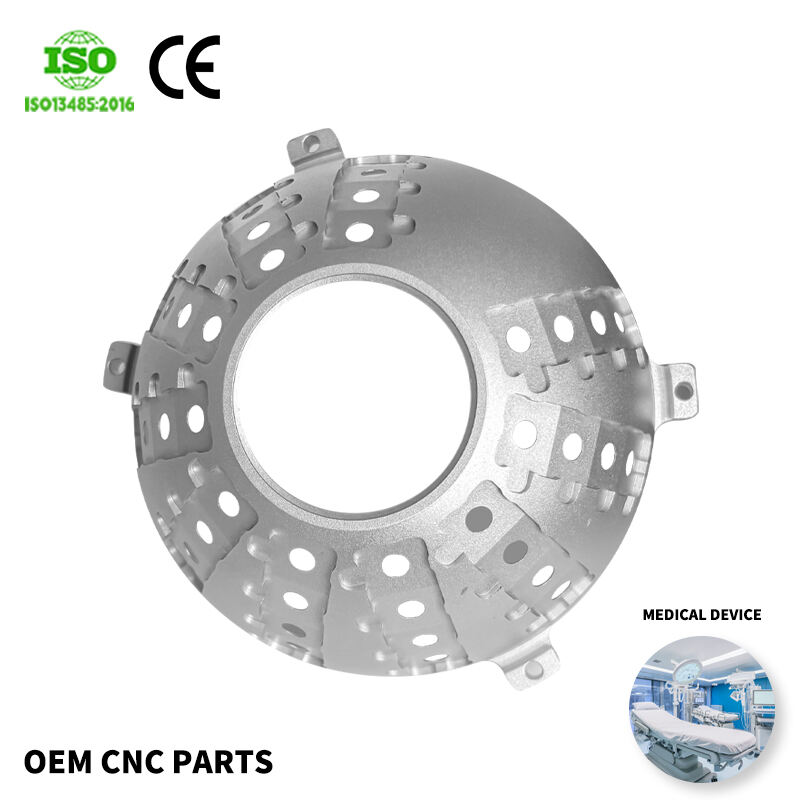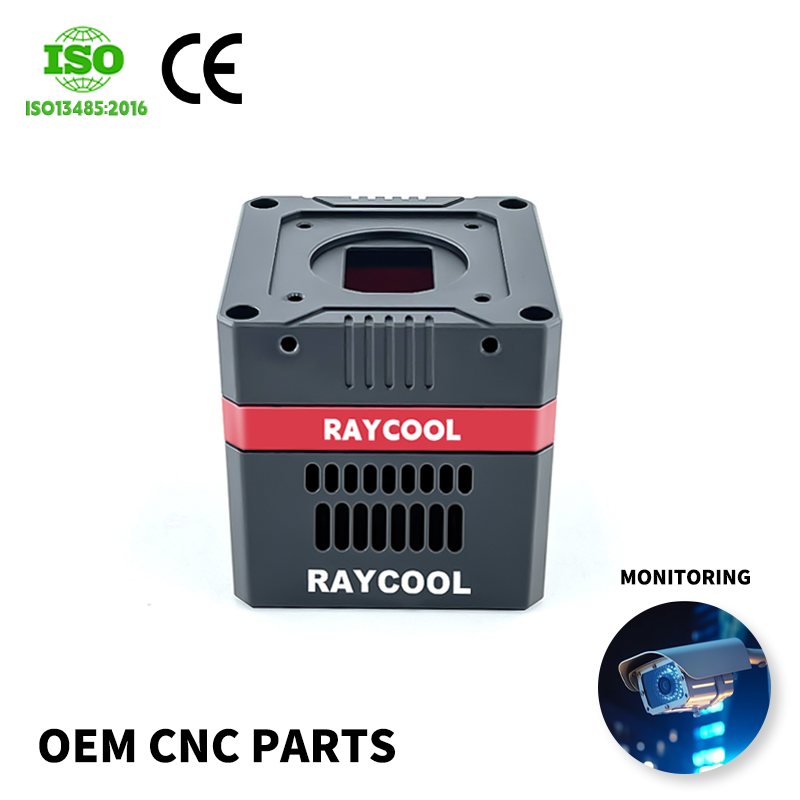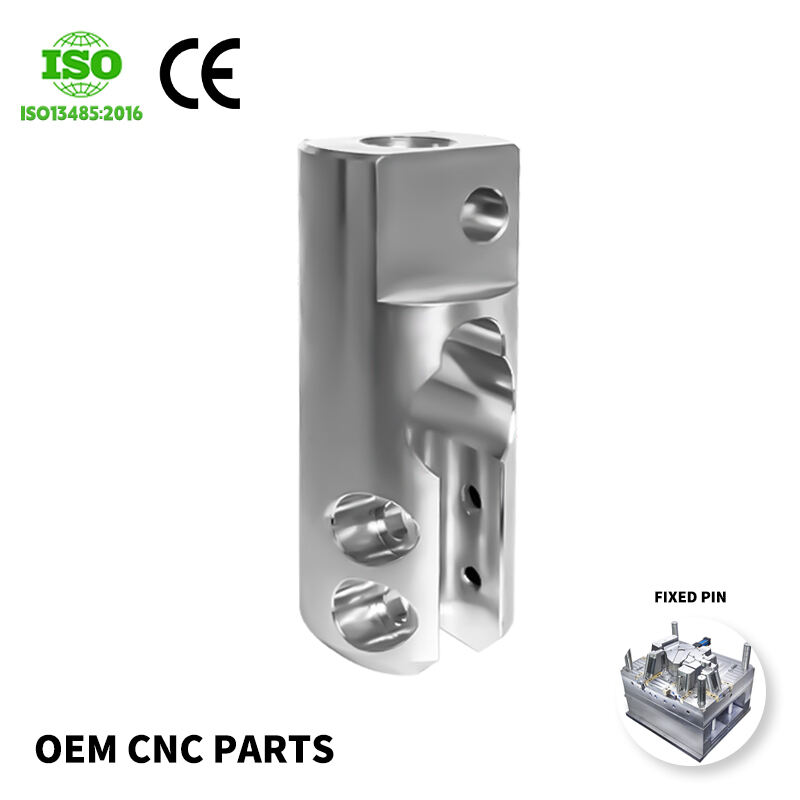cnc turned parts factory
A CNC turned parts factory represents the pinnacle of modern manufacturing precision, combining advanced technology with efficient production methods. These facilities utilize state-of-the-art Computer Numerical Control (CNC) turning machines to create precise cylindrical components from various materials, including metals, plastics, and composites. The factory's core operations revolve around automated lathe work, where cutting tools shape rotating workpieces to exact specifications. Advanced software systems control multiple axes of movement, ensuring unprecedented accuracy down to micrometers. These facilities typically feature multiple production lines equipped with multi-axis CNC lathes, automated material handling systems, and sophisticated quality control stations. The factory environment maintains strict climate control to ensure dimensional stability during manufacturing processes. Modern CNC turned parts factories implement smart manufacturing principles, incorporating real-time monitoring systems, predictive maintenance protocols, and integrated quality management systems. They serve diverse industries, including automotive, aerospace, medical device manufacturing, and consumer electronics, producing components ranging from simple fasteners to complex precision instruments. The facility's capabilities extend to both high-volume production runs and specialized custom orders, with rapid prototyping services available for research and development projects.



